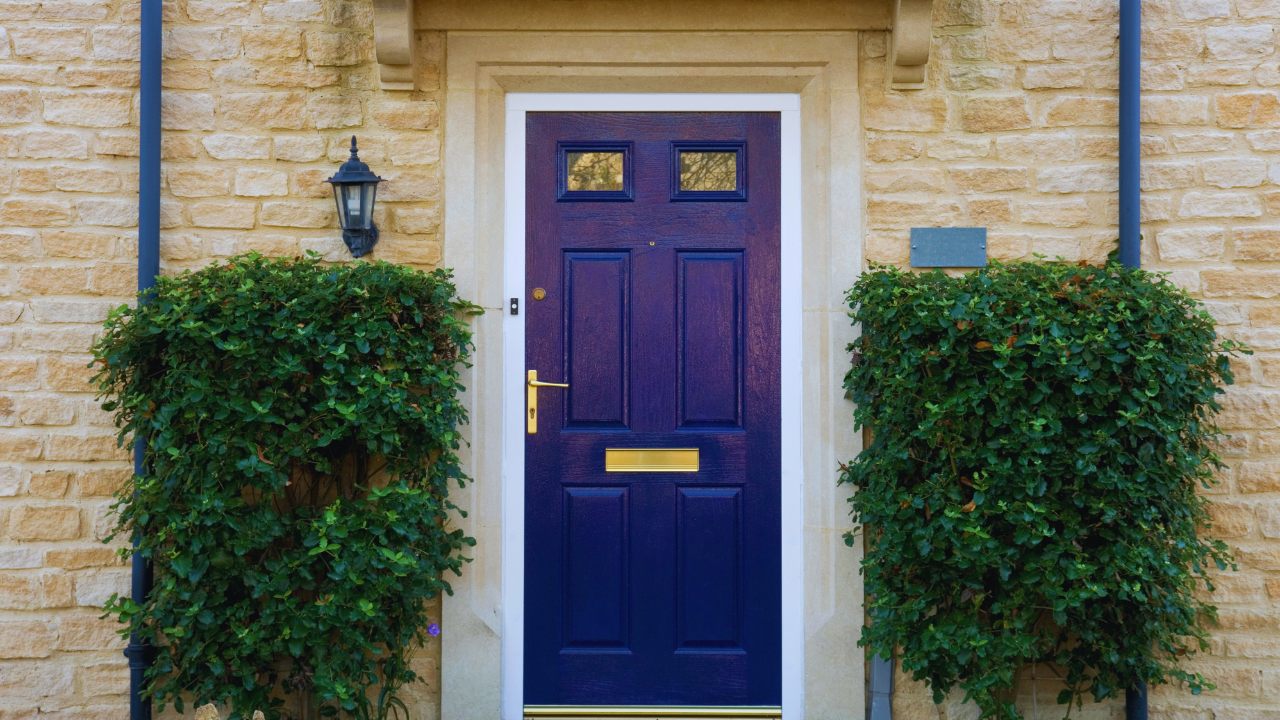Table of Contents

In Feng Shui, doors are considered extremely important. They symbolise the entry point for energy, or "qi," into a space. The doors in your home are significant because they control the flow of energy, which can impact various aspects of your life, such as opportunities, health, and relationships. Accredited Feng Shui master and traditional Vastu practitioner S.B.S. Surendran shares his insights on the role of doors in your home and how to optimise their positive impact.
The Importance of the Front Door in Feng Shui
According to S.B.S. Surendran, the front door is seen as the "mouth of the Vaastu Purusha" (the protective deity in Vaastu Shastra). In human anatomy, the mouth is the largest orifice, which makes the front door a critical component of your home in both Vaastu and Feng Shui. Surendran explains, "The entrance and the main door are some of the most important areas in a home or office because they are where most of the energy enters. As we walk in and out through these doors, we continually stir the energy, whether at home or at work."
In Feng Shui, the main door is referred to as the "mouth of chi." It represents your life path and vocation, making it the most important door in your home. While energy can come through walls and some through windows, most of it flows through the main door.
Choosing the Right Door for Your Home
When selecting a door for your home, its position is critical. S.B.S. Surendran advises that "each compass direction has its exalted or positive direction and its debilitated or negative directions." It's essential to design your home to ensure that the main door is in the best possible position. The front door is your connection to the outside world, so it should be large and inviting. It should also be in good condition, free from chips, cracks, or faded paint, and should open fully and parallel to the wall.
Does the Size of the Door Matter?
The size of the door is significant in Feng Shui. Surendran suggests that "the ideal height for a door should be approximately three times the width of the door." If the door falls short of this ratio, he recommends giving it a decorative treatment to make it stand out and appear more prominent. A small door may restrict the flow of positive energy or "chi," so having a large, clean, and welcoming door is considered lucky. A double-door design is even better, as it gives a sense of grandeur and warmth when both doors are opened to welcome guests and energy.
The Importance of Door Colour
Colour plays a crucial role in Feng Shui, as it can change or shift the energy of a space. Surendran points out that "each compass direction signifies a specific element in the Five Element cycle, so colours and shapes play a vital role if you want to enhance the positivity of your main door." For example, a red door symbolises prosperity but can be toned down with complementary door fittings or decor. Yellow represents good health, networking, and socialising and can invigorate the energy entering your home. White or natural wood colours are often used for the main doors, representing simplicity and the metal element in Feng Shui, which encourages precision, communication, and happiness.
Does the Shape of the Door Matter?
The shape of the door also has significance in Feng Shui. According to Surendran, "door designs should harmonize with the direction they face and the property's orientation." Adopting designs that represent the five elements of Feng Shui, wood, fire, earth, metal, and water, as motifs or door panels is highly beneficial. For example, a door with vertical rectangle panels represents growth and is ideal for an east-facing door, while a circular metal element on a white door is good for a west-facing door.

